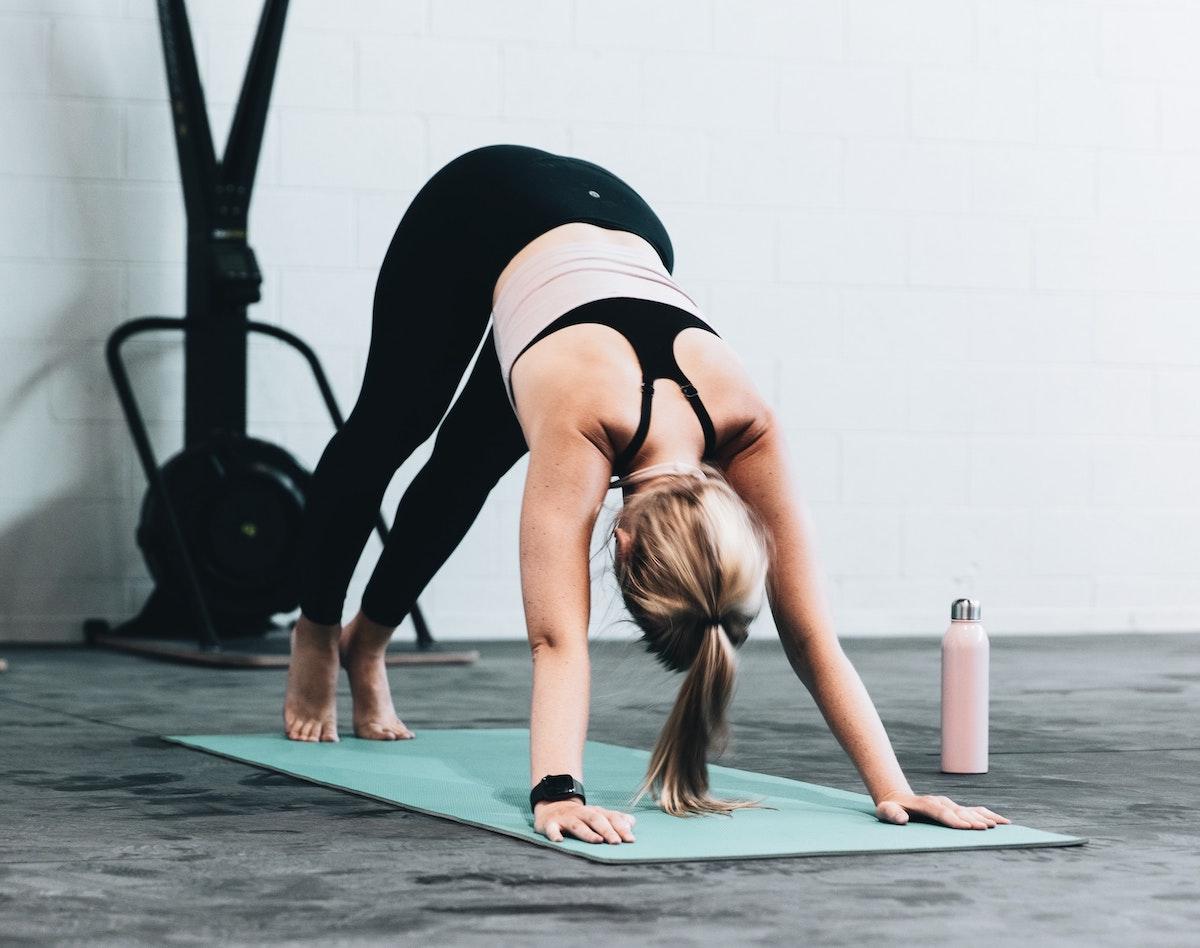
1) Could you tell us a little about your career and areas of expertise/interest?
My research career has been in looking at how exercise affects health through its actions on immune function. My PhD and early work focused on vaccinations and how exercise can boost your immune response and reduce the adverse effects you experience. In recent years I’ve also developed a line of work in oncology, using exercise to improve treatment outcomes during chemo and immunotherapy, and again, reducing the side effects of treatment (exercise really is a wonder drug!).
2) What drew you to this line of work/research in the first place?
I studied Biochemistry at University but by the end of my degree wanted to get out of ‘the petri dish’. I found that I loved the study and life at uni but wanted to do things that everyone on every corner of the street could relate to. That’s how I found myself doing a PhD in a Sport Science department, they liked me as I brought lab skills to measurements from experiments, and I liked it as I got to work with real-life people. After PhD I had an opportunity to work in research in California for a few years, and about 10 years ago moved here to Sydney to teach and research in my current position. Some could say I’d followed the sun, but it’s not hard to find more than I used to see in England.
3) How do you look after your own physical and mental wellbeing?
A long time ago I played international-level sport, so exercise and sport have been part of my life forever. Sport looks after a lot of my wellbeing because of the social support and interaction that it provides as well as the running around. Whenever moving to a new place (and I’ve done that a lot) the way I made friends was to join a team. Exercise training for a long time was what I did to help me play sport, but now it’s a habit, I feel worse if I’m not moving, which motivates me to move!
4) Do you have a favourite post-workout cafe?
No, I’m a universal coffee lover, I enjoy an instant coffee and a real one similarly!
5) What is one thing you wish people knew about wellbeing?
Exercise does as much for mental health as it does for physical health.
6) What is one of the most ridiculous things you’ve read or seen about wellbeing that you know to be untrue?
Current discussions about vaccination safety is a hot-bed of miss-truths and misunderstanding.
7) Do you have any favourite books, podcasts or websites on health or wellbeing that you’d recommend?
Current hot topic is ‘The Long Shot’ discussing the development of the COVID vaccinations, and I often find gems of episodes among the RadioLab series.
8) What is your top tip for living a healthy and happy life?
Most of the time Grandma was right – meals are best home-made, eat/drink everything in moderation, and walk everyday and you’ll do pretty well.



